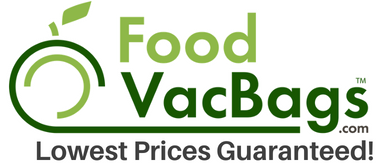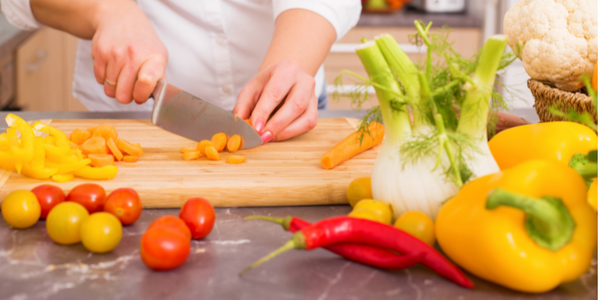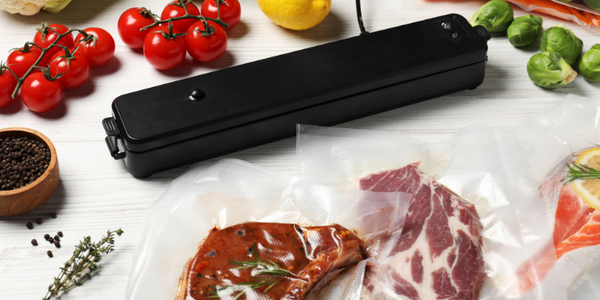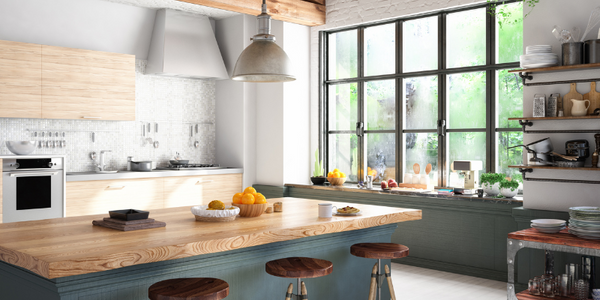Posted on April 18 2023

When it comes to food storage, keeping food fresh and safe to eat for as long as possible is a top priority. One popular method for achieving this is vacuum sealing. But what is vacuum sealing, and how does it work?
The Science Behind Vacuum Sealing
Vacuum sealing is a process that involves removing air from a bag or container and sealing it tightly. This creates a vacuum, or a space with no air, around the food. Without air, many of the things that cause food to spoil and go bad are unable to thrive. These include bacteria, mold, and yeast, all of which need oxygen to grow.
In addition to removing air, vacuum sealing also helps to reduce the amount of moisture around the food. This is important because moisture can also contribute to spoilage. By removing air and moisture, vacuum sealing creates an environment that is unfriendly to spoilage-causing microorganisms.
How to Keep Food Fresh Longer with Vacuum Sealing
If you're interested in using vacuum sealing to keep your food fresh for longer, there are a few things you can do to maximize its effectiveness.
In the refrigerator, vacuum sealing can help to extend the shelf life of fresh fruits and vegetables, as well as meats, hard cheeses, and other perishable items. In the freezer, vacuum sealing is particularly useful for storing foods that are prone to freezer burn, such as meat, poultry, and fish. It's important to always follow safe food handling practices and to properly label and store vacuum-sealed foods to ensure their safety and freshness.
Conclusion
Vacuum sealing is a highly effective method for keeping food fresh for longer periods of time. By removing air and moisture, it creates an environment that is unfriendly to spoilage-causing microorganisms. To get the most out of vacuum sealing, use high-quality bags, choose the right foods, freeze before sealing, label and date your bags, and store in a cool, dry place. With these tips, you can enjoy the benefits of vacuum sealing and keep your food fresher for longer.





Thank you for sharing your experience with us, Bob. Pre-freezing is a great way to vacuum seal liquids, baked goods, fruits and other items that may be damaged if vacuumed in its soft state. We appreciate you reaching out. Happy Vacuum Sealing!
Finally, someone says what I have been telling all I meet that are into vacuum sealing. And that is to freeze your food before sealing. If you do that then liquids can be sealed, too.
Try this.
Take an equal amount of ground beef and seal one of the amounts immediately. Freeze the other amount for 24 hours and then vacuum it. Wait a month or so and cook them both. Which tastes like it just came from the store.
Proof, as they say, is in the pudding